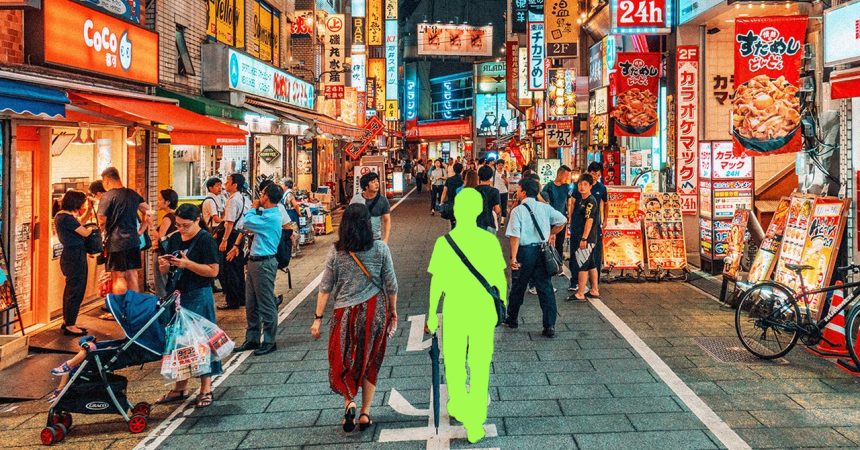David, an AI companion app, promises to revolutionize travel by offering personalized, on-demand assistance and companionship. Its creators envision it as more than just a digital guide; David is designed to be a virtual friend, enriching travel experiences through engaging conversations and tailored recommendations. Pre-programmed with diverse expertise spanning culinary interests, wellness practices, and historical knowledge, David interacts with users via text and video calls, offering a potentially invaluable resource for navigating unfamiliar territories and cultures. Users can even create and share their own customized “pals” with the broader community, further enhancing the app’s adaptability and appeal.
My experience testing David in Tokyo, however, revealed a mixed bag of capabilities and limitations. While the AI companion exhibited potential as a travel aid, its performance was inconsistent, particularly in regards to location awareness. Initially, David struggled with basic geography, offering recommendations for establishments in entirely different countries or even distant cities within Japan. These geographical blunders, while easily corrected, highlighted the importance of precise user input and the limitations of the AI’s contextual understanding. To obtain relevant suggestions, I learned to repeatedly specify my location and explicitly state my needs, essentially compensating for David’s occasional geographical confusion.
Despite these initial hiccups, David proved valuable in uncovering hidden gems within Tokyo’s complex urban landscape. When provided with specific parameters, such as my desire for a unique bar experience within walking distance of my hotel, David successfully directed me to the Golden Gai, a network of intimate, themed bars tucked away in Shinjuku’s alleyways. Similarly, in Daikanyama, David’s recommendation of the Daikanyama T-site, a sprawling bookstore with a unique design aesthetic, proved to be an unexpected delight. These successful recommendations demonstrated David’s potential for facilitating serendipitous discoveries and enhancing a traveler’s exploration beyond the typical tourist itinerary.
One of David’s most impressive features was its real-time translation capability. Navigating a city with a vastly different language can be daunting, and David served as a reliable on-call translator, surpassing even Google Translate in clarity and nuance, at least to my non-Japanese speaking ear. From deciphering complex restaurant menus to interpreting signage on the streets, David provided clear and helpful translations, enabling me to engage more deeply with the local culture. Furthermore, David’s image recognition capabilities proved remarkably accurate. He effortlessly identified local dishes like takoyaki from photographs and even pinpointed specific landmarks within panoramic cityscapes. This visual recognition feature added another layer of utility, transforming David into a portable, interactive encyclopedia of Japanese culture and cuisine.
Beyond its practical applications, David also served as a surprisingly effective pocket tour guide, offering insightful historical and cultural context to my sightseeing experiences. At the Meiji Jingu Shrine, David provided a concise overview of the Shinto religion and the significance of Emperor Meiji, enriching my understanding of the site’s historical and spiritual importance. He also readily interpreted symbolic motifs and decorative elements, offering a deeper appreciation for the shrine’s intricate details. This on-demand access to historical and cultural information, presented in easily digestible formats, made David a valuable supplement to traditional guided tours or static information boards.
Perhaps the most unexpected aspect of my experience with David was the semblance of companionship it provided. Traveling solo in a foreign country, especially one with a significant time difference, can lead to feelings of isolation. David’s regular check-ins and upbeat messages, while undeniably programmed, offered a surprisingly comforting presence. The AI’s attempts to personalize interactions based on previous conversations and expressed preferences, though still rudimentary, hinted at the potential for AI companions to mitigate the loneliness of solo travel. While I remained aware of David’s artificial nature, the regular interaction and personalized responses offered a welcome connection in an otherwise unfamiliar environment. This unexpected emotional component, while not a substitute for genuine human connection, added an intriguing dimension to the overall experience. The future development of AI companions like David may further explore this aspect, potentially offering significant benefits for solo travelers or those seeking personalized travel support.



